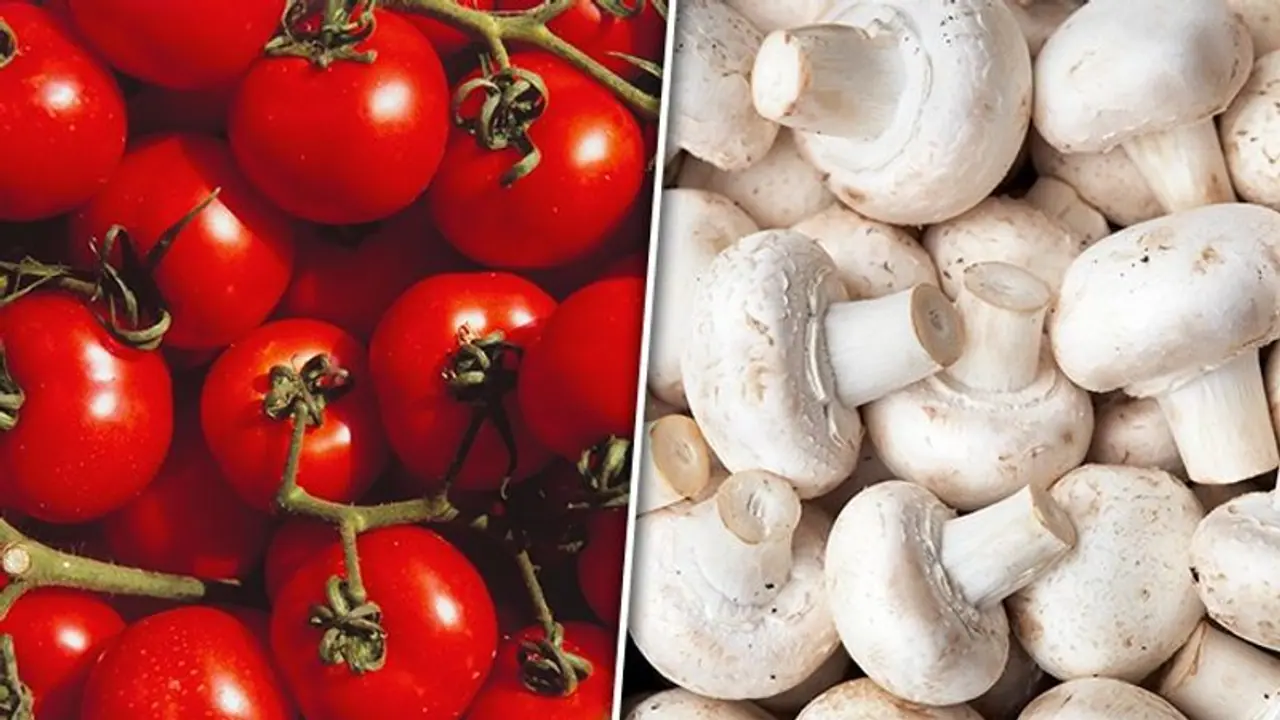Discover how to navigate a diet for high urea levels. Explore the impact of tomatoes, mushrooms, spinach, avocados, and potatoes on kidney health. Learn moderation strategies and expert tips to balance flavor preferences with maintaining kidney well-being
Diet plays a crucial role in managing various health conditions, and when it comes to high urea levels or kidney issues, the right dietary choices are essential for maintaining overall well-being. People with elevated urea levels need to be particularly cautious about their vegetable intake, as certain vegetables can exacerbate their condition. This article delves into five vegetables that individuals with high urea levels should approach with caution, offering insights into their potential impact on kidney health.

1. Tomatoes - Balancing Flavor and Kidney Health
Tomatoes, often celebrated for their vibrant flavor and versatility in culinary creations, contain a moderate amount of potassium. For individuals with kidney issues, excessive potassium intake can strain the kidneys' ability to properly filter this mineral, leading to potential complications. While it's not necessary to entirely eliminate tomatoes from the diet, moderation is key. Cooking tomatoes can help reduce their potassium content, making them a safer option. Additionally, consulting with a healthcare professional or dietitian can provide personalized recommendations tailored to the individual's kidney function.
2. Mushrooms - Uric Acid Considerations
Mushrooms, cherished for their earthy taste and unique textures, are naturally rich in purines. Consuming foods high in purines can result in elevated levels of uric acid in the body, which may trigger discomfort for those with kidney problems. Managing purine intake becomes vital, and individuals should be mindful of mushroom consumption. Exploring low-purine alternatives or consuming mushrooms occasionally in controlled amounts can strike a balance between enjoying their flavor and safeguarding kidney health.
3. Spinach - Navigating Potassium Content
Spinach, revered for its nutrient density, can be a double-edged sword for individuals with high urea levels. While it offers an array of vitamins and minerals, including potassium, excessive potassium can strain weakened kidneys. Thus, it's advisable to monitor spinach intake and choose cooking methods that reduce its potassium content. Boiling or blanching spinach before consumption can help mitigate potassium levels, allowing individuals to relish this leafy green while minimizing potential risks.
ALSO READ: Wellness: 5 surprising benefits of Herbal Tea for young people
4. Avocado - Creaminess and Kidney Concerns
Avocado, known for its creamy texture and healthy fats, is also rich in potassium. While it provides numerous nutritional benefits, its potassium content may pose challenges for those with kidney issues. Individuals can still enjoy avocados by consuming them in moderation. Portion control and incorporating avocados as an occasional treat rather than a daily staple can strike a balance between taste preferences and kidney health management.
ALSO READ: National lizard day: 6 best reptilian pets known for companionship
5. Potatoes - Managing a Staple
Potatoes, a dietary staple in many cultures, can be a significant source of potassium when consumed with their skins. For individuals with high urea levels, it's essential to regulate potato consumption. Peeling potatoes or opting for varieties with lower potassium content can help reduce the strain on the kidneys. Balancing this beloved vegetable with other nutrient-rich options can contribute to a well-rounded diet that supports kidney health.
Maintaining a diet that supports kidney health is pivotal for individuals with high urea levels. While the aforementioned vegetables need not be entirely eliminated, careful consideration and moderation are key. Consulting healthcare professionals or registered dietitians can provide tailored guidance, ensuring that dietary choices align with individual kidney function and health goals. With mindful dietary adjustments, individuals can strike a balance between enjoying flavorful vegetables and managing their kidney health effectively.
